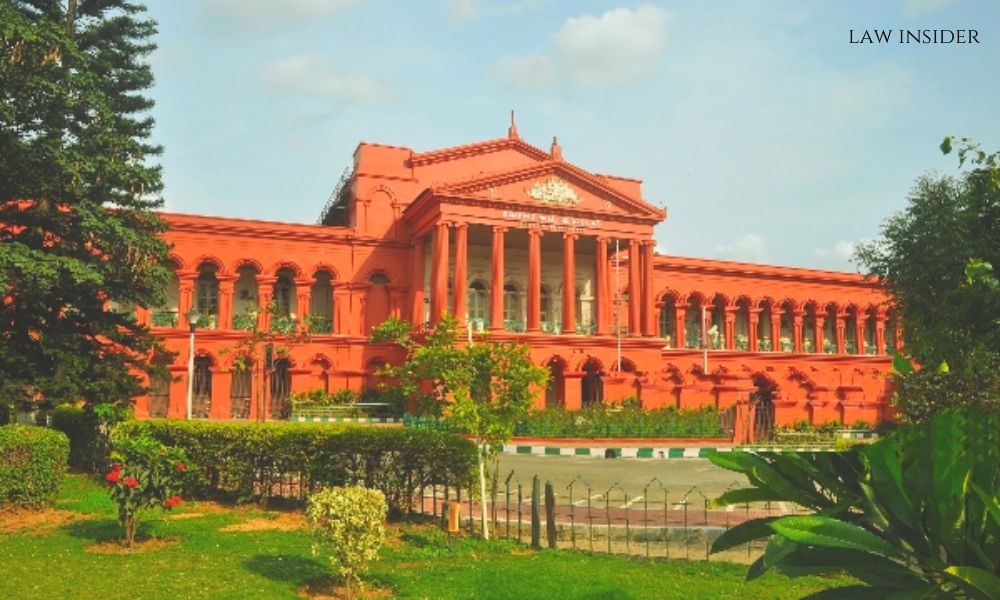LI Network
Published on: 23 July 2023 at 14:10 IST
The Karnataka High Court has recently provided comprehensive guidelines concerning civil imprisonment in civil cases, particularly when there is willful disobedience of court orders. The case in question, titled “T Sudhakar Pai and ors. v. M/s Manipal Academy of Higher Education and ors.,” involved a trademark infringement dispute between two entities of the Manipal group.
Under Order XXXIX, Rule 2A of the Code of Civil Procedure (CPC), civil courts have the authority to either attach a defendant’s property, order civil imprisonment, or both, when there is willful disobedience of court orders. The court clarified that it is not mandatory for a civil court to order property attachment before resorting to civil imprisonment.
However, the High Court emphasized that civil imprisonment should not be a routine measure and issued specific criteria for courts to consider while deciding on the imposition of civil imprisonment. These criteria include:
- The nature and gravity of the disobedience or breach and how the court order was violated.
- The extent of loss caused to the affected party due to the disobedience or breach.
- Whether the damage caused can be reversed or is irreversible.
- The circumstances under which the breach occurred, whether it was an isolated act or continuous.
- The contemnor’s previous history of breaching court orders.
- Whether a message needs to be sent by imposing civil imprisonment, indicating that willful disobedience of court orders will be taken seriously.
- Whether civil imprisonment effectively prevents further breaches.
- The timing, tenor, and tone of any apology tendered by the contemnor.
- Any compliance made to rectify the disobedience or breach.
- The educational qualifications and positions of the contemnor and whether their actions mock the court order.
The High Court clarified that not all of the above criteria need to be satisfied before ordering property attachment or civil imprisonment.
The Court highlighted the importance of civil imprisonment in upholding the rule of law, maintaining the majesty of the Court, and ensuring the credibility of court orders. It stressed that court orders should be obeyed not just out of subordination but also with a sense of respect, duty, and responsibility.
The case before the Court originated from a 2019 civil suit filed by the Manipal Academy of Higher Education (MAHE Trust) and the Manipal Academy of Higher Education (a deemed university) for trademark infringement. A commercial court granted an interim injunction order in favor of the MAHE Trust and the Manipal Academy in 2019, which was later confirmed in 2022 by an Additional District and Sessions Court in Bengaluru. This court convicted the parties using the names Manipal Academy of Health and Science (also using the acronym MAHE) and the Manipal International School for willful disobedience of the injunction orders.
As a result, the school’s chairman, T Sudhakar Pai, was originally sentenced to three months’ imprisonment, and the school’s CEO and president were ordered to serve one month in jail. However, the Karnataka High Court reduced Pai’s imprisonment to fifteen days and set aside the one-month sentences for the other parties.
Moreover, the High Court found an error in the commercial court’s immediate imposition of fines without allowing some time to elapse after property attachment to give the parties an opportunity to comply. The Court ordered the attachment of the parties’ properties for six months, and if disobedience continues beyond this period, the properties can be sold to compensate the Manipal group. The chairman of the school would be required to pay ₹1 lakh, and the other parties ₹50,000 each, as compensation.
In conclusion, the Karnataka High Court’s recent guidelines provide valuable insights into the criteria for imposing civil imprisonment in trademark infringement and other civil cases, aiming to ensure the upholding of court orders and the rule of law.

